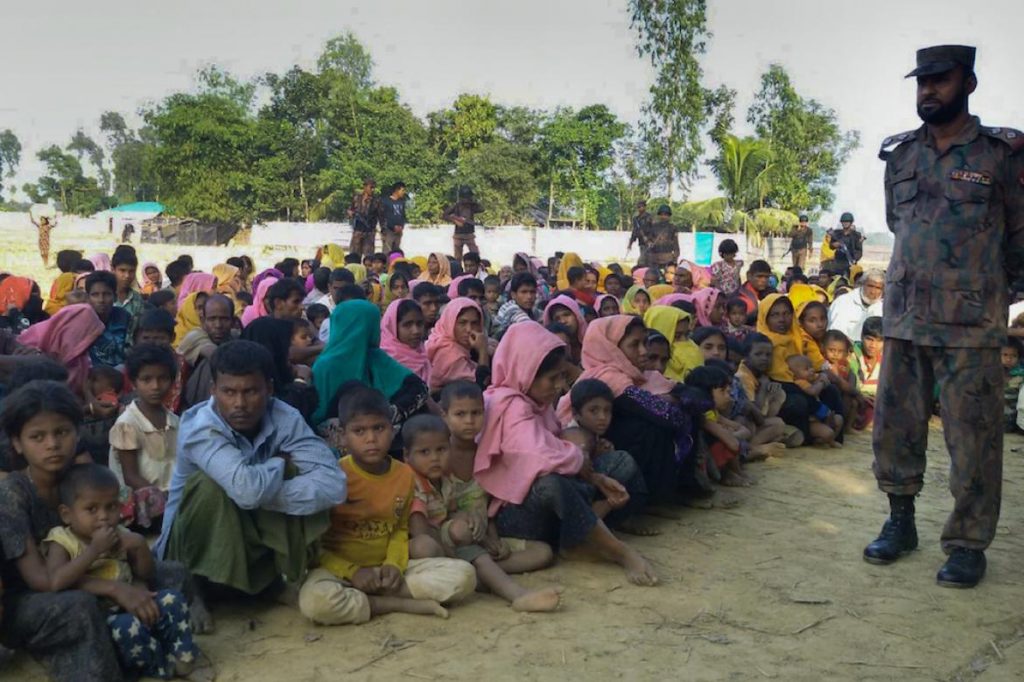By AFP
DHAKA — Bangladesh authorities have began a census of Rohingya refugees living in the country’s southeast as part of a controversial move to relocate them to an uninhabited island, officials said Tuesday.
The government statistics officers fanned out in refugee camps in Cox’s Bazar district to count the number of refugees who have fled persecution in Rakhine State.
“Initially we’ll make a list of families of Myanmar nationals who are living in the camps and outside, then we’ll do the head count,” said Wahidur Rahman, an official of the Bangladesh Bureau of Statistics.
He told AFP the government’s plan to relocate the Rohingya population to Thengar Char island in the Bay of Bengal “is one of the key reasons for the census”.
Support more independent journalism like this. Sign up to be a Frontier member.
Ali Hossain, the chief administrator of Cox’s Bazar, said the census would take at least three months and “will benefit the government’s (relocation) initiative”.
Dhaka estimates 400,000 Rohingya refugees are living in the country, including nearly 73,000 who fled a military crackdown across the border since October.
The government last month pushed forward with the relocation plan despite warnings that the island is prone to flooding that leaves it entirely underwater at times.
Rights groups slammed the plan despite the government’s request to the international community to back the proposal.
The idea caused an outcry when first mooted in 2015. Government officials have described it as a temporary measure and claim that refugees would have better access to humanitarian assistance.
The authorities have already ordered the construction of a jetty, helipad and visitor facilities on the 2,430-hectare island on an estuary of the Meghna river.
Most of the Rohingya refugees who fled to Bangladesh live in squalid conditions in refugee camps in Cox’s Bazar, the country’s biggest tourist resort district, which borders Rakhine.
A UN special rapporteur last week visited the camps in Bangladesh and decried the Myanmar army’s violence as she heard harrowing stories of murders, arson and gang-rape from the stateless Muslim minority people.







